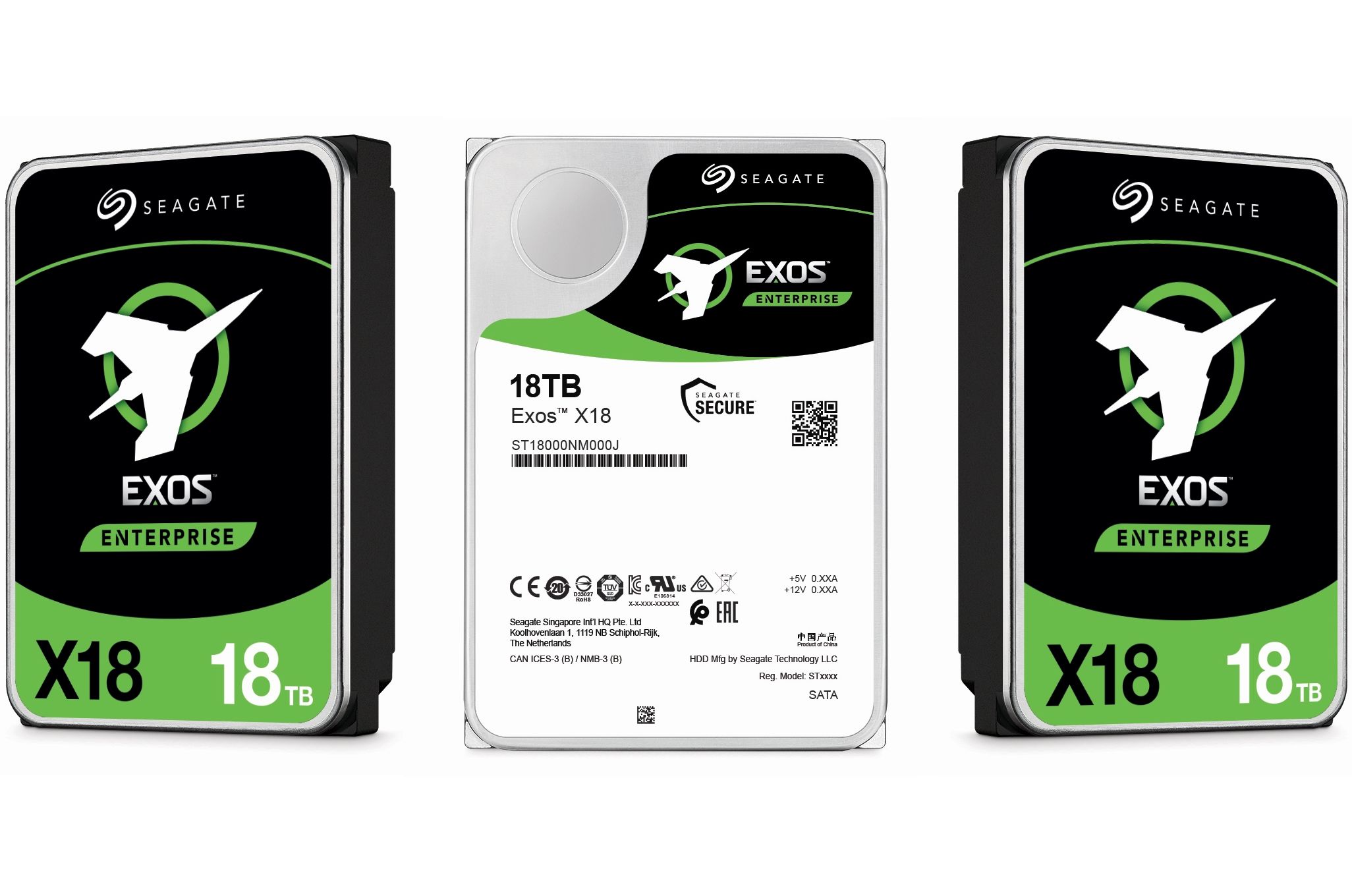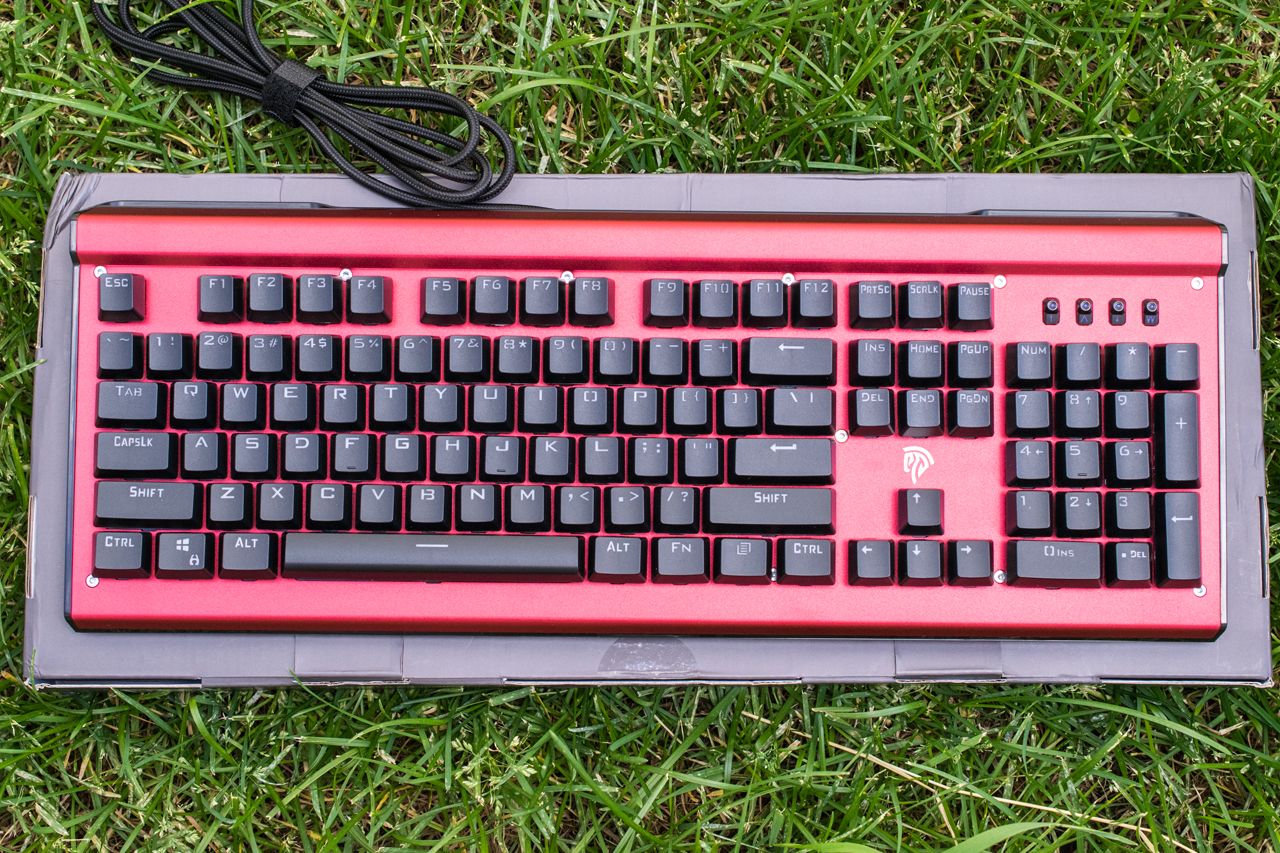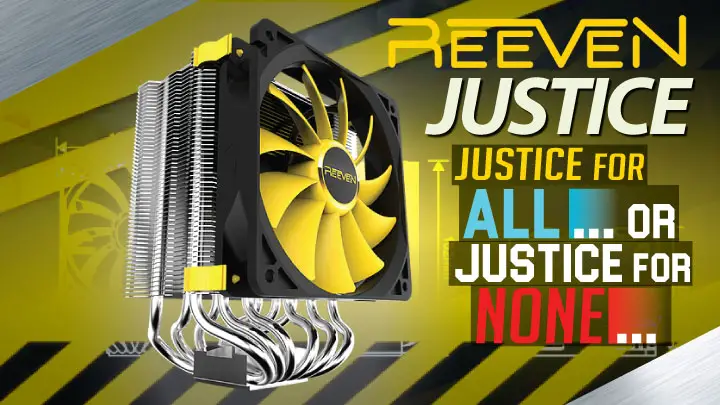It is pretty safe to say that 2020 was indeed an odd and stressful year filled with so many unprecedented issues we doubt anyone could fault a company for pumping the breaks and waiting out the storm that is/was 2020. Thankfully while some have taken the wait-and-see approach others have been doing their level best to bring a little ray of sunshine into the lives of overworked and overstressed buyers during these trying times. For example, we recently took a long hard look at the IronWolf Pro 18TB, and that 2TB per platter-based drive series is one that will bring a smile to many a face when they first use it. However, that was just the warm-up to the main event. We are of course referring to the recently released $475(USD) Exos X18 drive which also offers 18TB of capacity via nine 2TB platters, but does so with a more demanding audience in mind: the enterprise IT professional.

On first blush an asking price of $475 may cause a bit of sticker shock to those who have not priced mega-capacity drives recently, but is actually rather reasonable for more than just its intended audience. Remember, the Seagate EXOS X series is all about blending Hyper-scalability with performance so as to deliver (relatively) excellent value for their targeted customers… and it is just a happy bonus most of those added features make for a great all-round drive outside its intended niche. The most obvious bonus, from a non-enterprise buyer’s perspective, is that an online asking price of $475 for 18TB works out a rather reasonable 2.6 cents per Gigabyte and is a good $75 less than what the S/MB NAS orientated IronWolf Pro 18TB demands.
With that said most of the added features will not be all that important to the typical buyer. For example, it is doubtful if many outside of a data server / “cloud storage” farm will care about 9.4 watts max power draw, but a mere 0.52watts per 1TB of raw capacity is going to be impressive when thinking about powering 1000’s of high performance drives. The same is true of the optimized lower power states it offers to further reduce power consumption. Even the EXOS X18’s enhanced vibration reduction abilities to handle basically unlimited number of drives per rack, and SED FastFormat options will not matter one whit to most outside of the enterprise arena… yet it does indeed matter when dealing with an entire warehouse full of racks stuffed with these drives. Everyone will however care about the whopping 270MB/s performance specification that is actually a touch on the conservative side; the ability to easily monitor and tweak the drive’s various firmware options; 2.5M MTBF / 0.35percent failure rating; and especially the five-year warranty with 550TB work load specifications. The fact that it can offer all these improvements and actually cost less is also sure to wow everyone.
With that said, the lower asking price and yet obviously more demanding niche it was intended to satisfy is sure to cause some confusion. Typically, Enterprise grade equipment costs more, usually a lot more, than even S/MB grade devices… yet once again the Exos X-series flips this rule of thumb on its head. Needless to say, upon looking at the various mega-capacity options available and then comparing them to this model the typical buyer will have two burning questions that they want answered: what makes this drive so relatively inexpensive, and is it worth spending more for a different model? In this review we hope to answer these types of questions. Then you can decide if its abilities and optimizations make it a good deal for you and your needs.










